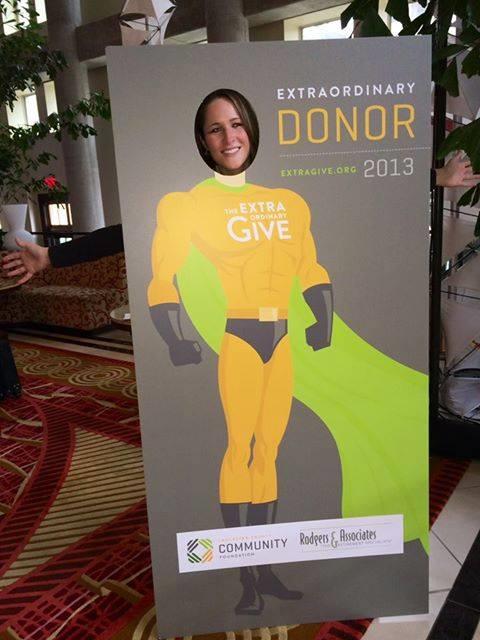
Community Information Toolkit gets a refresh
Photo credit: Knight Foundation
Three years ago, Knight Foundation unveiled a new toolkit for communities that want to make sure residents are up to date on the issues most important to them.
The Community Information Toolkit offers a user-friendly resource guide for finding out just how neighborhoods get their news, what type of information is lacking, and how communities can go about filling those gaps. The process involves several steps from convening workshops to having participants conduct community information “scavenger hunts.” For a foundation with roots in journalism, the toolkit was a way to help communities ensure their residents are more informed and engaged.

RELATED LINKS
“Going for Goal: Shared knowledge inspires successful Giving Days” by Bahia Ramos on KnightBlog.org
“How to apply human-centered design at home: Lessons from the Media Learning Seminar” by Elise Hu on KnightBlog.org
“Journalism as knowledge: covering solutions to strengthen communities” by Michael D. Bolden on KnightBlog.org
“Using design thinking for community information needs” by Marika Lynch on KnightBlog.org
“4 new community information investments focus on high-impact projects” by Marika Lynch on KnightBlog.org
“How to open up the data in your community to help solve problems” by Elise Hu on KnightBlog.org
“Embracing change: Five key lessons from innovative community foundations” by Elise Hu on KnightBlog.org
“2014 tech trends that will impact foundations” by Elise Hu on KnightBlog.org
“Join us – virtually – for a conversatino on community news and information” by Marika Lynch on KnightBlog.org
After observing folks in the field, we’ve learned more than we anticipated about the toolkit’s benefits. Fundamentally, we’ve learned that the resource is valuable to a wide range of organizations, from communications and public media outlets to community foundations. Importantly, it turns out that most of these organizations customized the materials for their unique audiences. Many cherry-picked just a few of the recommended steps. Some figured out how to implement the toolkit on a shoestring budget. And nearly all confirmed that the primary benefit of the experience was to bring people together to take these information issues on.
We also heard that getting started with the toolkit was daunting for some, and overwhelming for many. So, we’ve gone ahead and updated the toolkit to reflect the actual user experience. Primarily, we’ve added an Examples Page, where we have shared mini case studies of organizations that have used the materials, to highlight the many different ways to access the resource. We included professionals from Puerto Rico to Montana, Arkansas and San Francisco. Not only will you see information about why people used the toolkit and what they learned, but also the actual materials generated by a handful of these organizations.
We’re committed to the idea that a healthy community information ecosystem is critical for too many reasons to list. We also know that identifying, prioritizing and responding to these needs isn’t easy. It turns out that just getting the right people in the room, and asking relevant questions is half the battle. We hope that many more organizations find success with the toolkit, and that they use it in new and creative ways. When they do, we hope they’ll share their experiences with us.
By Kito Cetrulo, a consultant for Knight Foundation
Recent Content
-
Communitiesarticle ·
-
Communitiesarticle ·
-
Communitiesarticle ·


